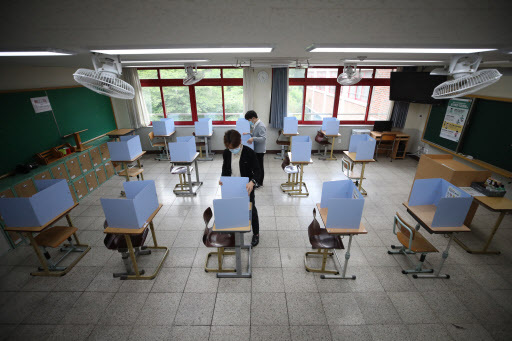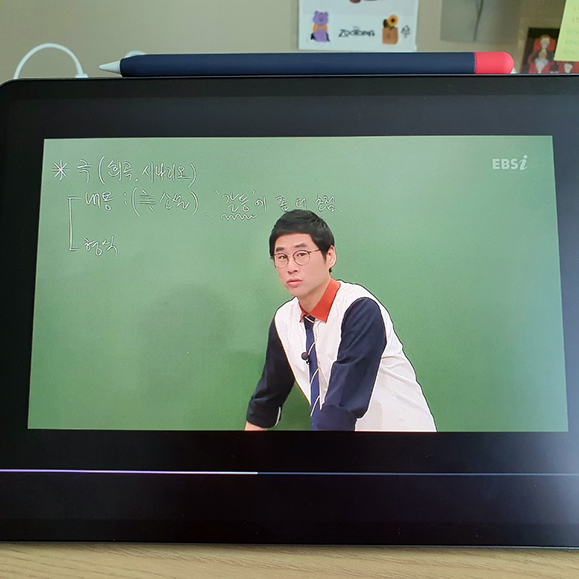In January, COVID-19 struck Wuhan, China out of nowhere. It has since had disastrous consequences, with more than 10 million infected worldwide and 500K death. As a reaction to the pandemic, people have stocked up heavily with food and masks. The KCDC (Korean centers for disease control and prevention) has emphasized the importance of proper hygiene, such as washing hands and using masks in public. It has also implemented a measure called ‘social distracting’ which requires people to keep their distance from one another to prevent the spread of disease. One of the most significant consequences of social distancing is perhaps the closing of schools- all schools from elementary schools to college have closed their doors, and this is having a significant impact on students’ lives.

In Korea, schools were closed from march 2nd until June 3rd. Korean students take their academics very seriously, and high school seniors are especially in a state of mild panic due to the postponement of the Korean SATs. Also, because of school closures, summer vacations had to be forcibly shortened, and students would not get the chance to properly rest and prepare for the next semester. Due to these concerns, schools did open but only online on April 9th.

I asked two students currently attending Korean high schools how they were feeling about school closures and online classes during these turbulent times. They had a lot to say about online classes, especially on the quality of the classes and health issues. Chaewon Lee, a student at Chungnam Arts High school, said of her experience. “It’s really hard to focus on online classes unless you are very driven. I start to slack off, and it doesn’t feel like I’m studying properly. My questions aren’t answered promptly and that’s frustrating.” Opinions like these point to a possible lack of motivation on the students’ part, or the inability of online classes themselves to engage with students. To be fair, Teachers are probably experiencing difficulties as well, having to manage more than twenty students simultaneously- all online.

The problems didn’t end there. Miju Park, at Bongdam High school, complained. “The servers fail a lot because of the load. It gets so uncomfortable and I don’t think the grading system works that well. I don’t feel like I’m being evaluated properly.” Technical issues are to be expected, but complaints about the grading system may signal a fundamental need for changes in the way classes are conducted. Fair grading and accurate evaluation is a big issue with Korean students due to their impact on college admissions. Another concern was health. “My eyes hurt from having to look at the screen all the time. Not only do we take classes online, but we have to do our homework online as well. That’s a lot of screen time.” Complained Miju.
But the most important thing for the student was the lack of social contact with their classmates, and many other experiences the school has to offer. Chaebin, a 10th grader at Isan High school told me that she wanted to meet new friends, something she always looks forward to at the beginning of a new school year. Dayoung, a 10th grader at Yedang High school said that she missed eating meals at school; lunch at school is when she has the most fun at school, gossiping with friends and such. Surprisingly, Chaewon even missed, wearing her school uniforms. Although sometimes seen as an oppressive tradition by some, it symbolizes the school experience for many students.
Schools aren’t just about classes. Making new friends and other social experiences are a huge part of being in school. At a time when students are developing their social personalities, being deprived of socialization may be taking a bigger toll than we think among the students. Although many students recognize the need for online classes to prevent further disaster, we can only hope that we will return to our normal routines soon.

Yunju Han
Grade 10
Padua Franciscan High School

